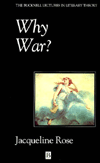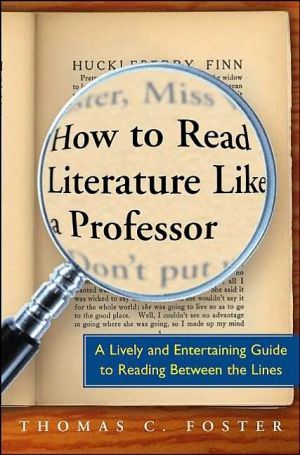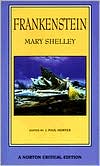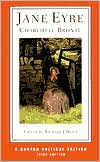Why War: Psychoanalysis, Politics and the Return to Melanie Klein, Vol. 8
Over the past decade, psychoanalysis has been a focus of continuing controversy for feminism, and at the centre of debates in the humanities about how we read literature and culture. In these essays, Jacqueline Rose continues her engagement with these issues while arguing for a shift of attention - from an emphasis on sexuality as writing to the place of the unconscious in the furthest reaches of or cultural and political lives. With essays on war, capital punishment and the dispute over...
Search in google:
Over the past decade, psychoanalysis has been a focus of continuing controversy for feminism, and at the centre of debates in the humanities about how we read literature and culture. In these essays, Jacqueline Rose continues her engagement with these issues while arguing for a shift of attention - from an emphasis on sexuality as writing to the place of the unconscious in the furthest reaches of or cultural and political lives. With essays on war, capital punishment and the dispute over seduction in relation to Freud, she opens up the field of psychopolitics. Finally in two extended essays on Melanie Klein and her critics, she suggests that it is time for a radical rereading of Klein's work.
PrefaceIntroduction1Pt. IPsycho-Politics131'Why War?'152Margaret Thatcher and Ruth Ellis41Pt. IIThe Death Drive873'Where Does the Misery Come From?' - Psychoanalysis, Feminism, and the Event894Shakespeare and the Death Drive110Pt. IIIReturning to Klein1355Negativity in the Work of Melanie Klein1376War in the Nursery191An Interview with Jacqueline Rose231Jacqueline Rose: A Bibliography, 1974-1992256Appendix: Intellectual Inhibition and Eating Disorders262Index271
\ From the Publisher"In eloquent critiques, Rose explicates the complex, contradictory relations between gender and fantasy, feminism and psychoanalysis, and the dialogue initiated here certainly deserves a wide audience." Anthony Elliott, Times Higher Education Supplement\ \ \








